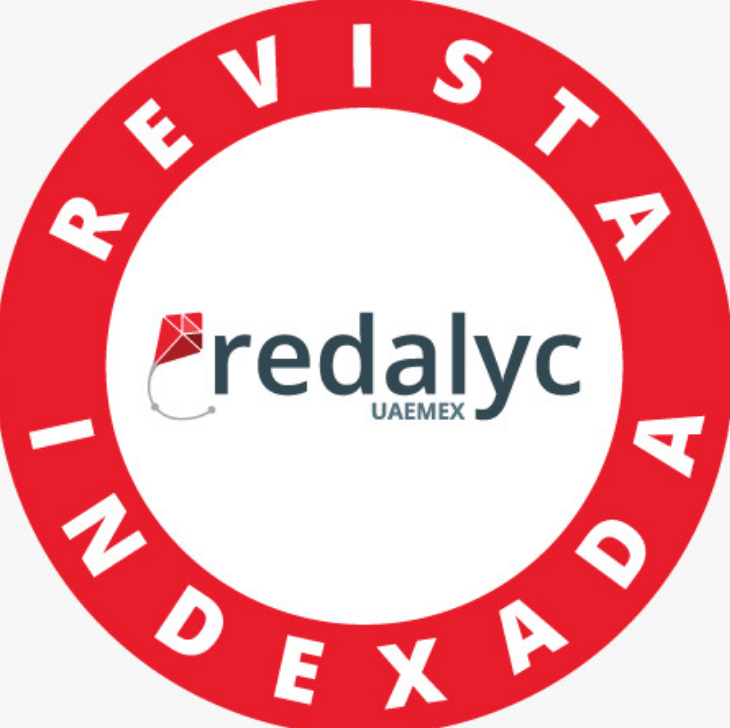Electricity Energy Demand Prediction Using Computational Intelligence Techniques
Keywords:
Electric Energy, Machine Learning, Meta-Heuristic, Gray Wolf OptimizationAbstract
Energy is an important pillar for the economic development of a country. The demand for electricity is something that continues to grow, one of the contributing factors is the emergence of various technological equipment and the consequent use by the population. There are several resources that can be exploited to generate electricity, with hydroelectric power stations being one of the most used resources. As electrical energy cannot be stored, there is a need to estimate its consumption, looking for a way to meet this energy demand. In this context, this study seeks to apply machine learning techniques, using the Grey Wolf Optimization (GWO) meta-heuristic to optimize regression models, to predict the demand for electricity in Brazil, and it aims to estimate how much energy should be produced. For the predictions, the period between the years 2017 to 2022 was used, totaling around 2,190 samples. The methodology involves pre-processing, crossvalidation, parameters optimization and regression. The results show that Random Forest performed well in the experiments carried out, presenting a coefficient of determination (R2) of 0.8751, Root Mean Squared Error (RMSE) of 0.0554 and Mean Absolute Error (MAE) of 0.0348 in the best model.
Downloads
Published
Issue
Section
License
Copyright Notice
Authors who publish this journal agree to the following terms:
- Authors retain copyright and grant the journal right of first publication with the work simultaneously licensed under a Creative Commons Attribution-Non-Commercial-Share-Alike 4.0 International 4.0 that allows others to share the work with an acknowledgement of the work's authorship and initial publication in this journal.
- Authors are able to enter into separate, additional contractual arrangements for the non-exclusive distribution of the journal's published version of the work (e.g., post it to an institutional repository or publish it in a book), with an acknowledgement of its initial publication in this journal.
- Authors are permitted and encouraged to post their work online (e.g., in institutional repositories or on their website) prior to and during the submission process, as it can lead to productive exchanges, as well as earlier and greater citation of published work.
Disclaimer
LAJC in no event shall be liable for any direct, indirect, incidental, punitive, or consequential copyright infringement claims related to articles that have been submitted for evaluation, or published in any issue of this journal. Find out more in our Disclaimer Notice.











